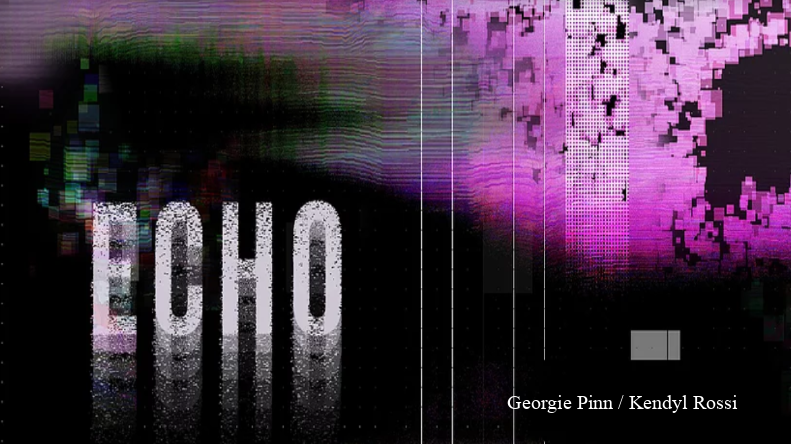
報告者:廖志唯
報告PPT:https://drive.google.com/file/d/1mk_jAJECAbMg-kWILz9wGvMXn0IppP73/view?usp=sharing
文獻題目:ECHO
文獻作者:Georgie Pinn | Electric Puppet, Kendyl Rossi
文獻來源:
http://archive.aec.at/prix/showmode/61069/
https://www.electric-puppet.com.au/current-work
摘要:
The key intention of *Echo* is to create a vehicle for the exchange of empathy. As the world becomes more complex and digitally connected, the role of empathy is becoming increasingly important as an antidote to personal loneliness and an ideological isolation.
The iterative artwork *Echo* takes the form of an interactive booth installation. The work is relational and explores notions of connection through an interactive exchange of personal narratives. *Echo* utilizes innovative real-time facial capture and tracking technology and combines it with animation, storytelling, and portraiture to make connections between strangers. The intention is to build and share a culturally diverse archive of stories and songs to enable an embodied, cross-cultural experience that elicits compassion.
The 3-minute experience, framed inside a booth, is reminiscent of the priest’s confessional and the photo booth. Once seated inside, a touch screen becomes a talking virtual mirror. *Echo*, a female AI character guides the participant, explaining that she can “help you connect”. Your face is captured and then you are directed to select the face of another. Once chosen, you find yourself face-to-face with that person’s personal story that reveals a life challenge, win, or hardship. As the narrative unfolds, your pixelating features slowly inch and glitch onto the narrator’s face, ending with your lips uttering their final words. It is a strange feeling as you see your face subtly hijacked by the virtual other, blurring the boundaries between you and them, and shifting your perception through empathy.
When this is completed you are asked if you would like to donate your own narrative or song. Should you decide to do so the installation transforms into an automated recording environment, allowing privacy and personal space in which to author. Adversity becomes a powerful tool for learning and, when shared with a complete stranger, can assist in breaking down stereotypes and prejudices.
